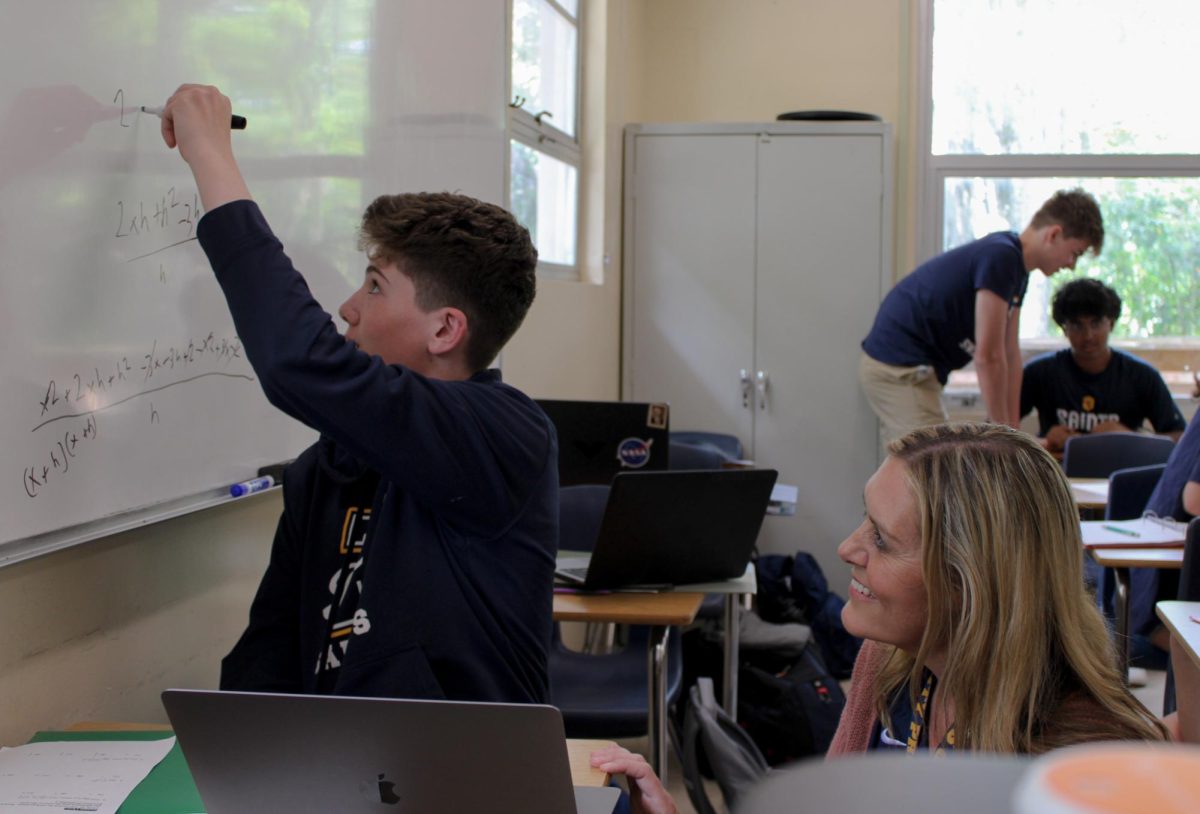With the school year finally wrapping up and coming to an end, students are eager to begin what is sure to be a relaxing summer with as little school related work as possible. This much can be expected after nine months of new information and hard work, and it is well deserved by students and teachers alike. However, the benefits of summer vacation often come with an unanticipated cost. While students enjoy a carefree environment without the stress of academics, many of them lose what they worked so hard for during the year.
Loss of course material throughout summer break has been a commonly addressed topic of many studies, resulting in some surprising figures and preventions. According to a study conducted by the RAND Corporation, the average student loses about one month of learning material, specifically in math and reading, over summer vacation. This can cause some teachers to spend up to three weeks of the first month of the new school year reviewing material from the previous year in order to keep them from falling behind.
Despite inevitable memory failures, summer can still prove to be much more beneficial than detrimental to students in the long run. Outside of school, students can escape the unrelenting stress of deadlines and performance, giving them time to get back into healthy sleeping habits and activities they may have had to give up during the school year. They are also offered the freedom to try new recreations, socialize with friends and spend much needed time with their families. Trinity’s Upper School Academic Support Advisor Sarah Hill firmly believes in the positive effects that summer has on Trinity students.
“[Summer vacation helps students] by allowing them to have free daily schedules, sleep in and relax without the stress and pressures of academic deadlines,” Hill said. “Many students come back refreshed and eager to begin a new year.”
While summer provides a reprieve from the typical learning environment, it can also supply an entirely new perspective on how and what students can continue to learn throughout their summer months. Summer vacation is the perfect opportunity for students to travel with their families and even with school groups, giving them chances to indulge in cultural and geographic atmospheres that they would not get in the classroom.
The RAND Corporation study also showed that students’ academic material deficits were lessened when they participated in summer activities rather than remaining stagnant for weeks at a time. Summer camps centered around group functions and physical activities helped to minimize the amount of school material that students lost. Summer jobs have also kept students mentally active while also giving them experience in a business setting.
Schools have taken to assigning summer reading in order to prepare students for the upcoming material and maximizing the amount of time they have during the school year. Hill advises students to continue to read over the summer beyond their summer reading lists due to its tremendous benefits during the school year and for life in general.
“Reading is so important to keep brains active,” Hill said. “It is also a good idea to review items from previous classes, math and english in particular, prior to school beginning.”
Summer’s approach will surely result some struggle to regain lost material and time when the new school year begins, but students will be sure to make the most of their vacation by filling it with relaxation, adventure and new experiences.














